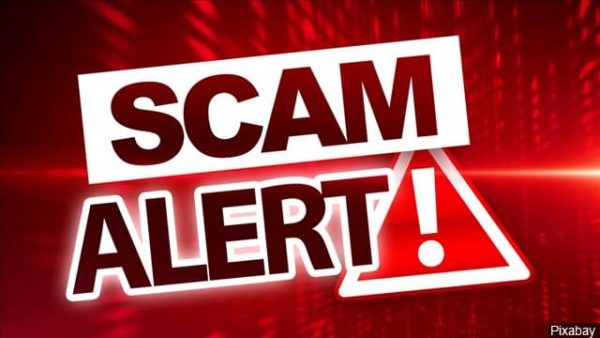
Chicago – Attorney General Kwame Raoul urges Illinois residents to be vigilant and watch for scammers trying to take advantage of the upcoming COVID-19 federal economic stimulus payments to individuals.
The Coronavirus Aid, Relief and Economic Security (CARES) Act was signed into law March 27 and has been touted as the largest economic aid package in the country’s history. Under the law, $2.2 trillion will be allocated to individuals and businesses affected by the coronavirus pandemic. As part of the measure, one-time direct deposit payments will be made to millions of Americans, including up to $1,200 for individuals who pay taxes and $2,400 for married couples, plus an additional $500 per child. The payments will be available for individuals who earn up to $75,000 per year and married couples who earn up to $150,000 per year.
“We know without a doubt that scammers will to try to steal money and information from hardworking Illinoisans who are suffering under the COVID-19 pandemic,” Raoul said. “As much as it disappoints me that there is a need to continue warning people of scams being perpetrated by individuals trying to take advantage of the crisis, I want our residents to know the hallmarks of a scam so that they can avoid them.”
Attorney General Raoul urges people to not respond to email messages, text messages, letters or phone calls that claim to include information about the COVID-19 stimulus package and request personal information or prompt recipients to click on a link. According the Raoul, such messages likely are sent by scammers trying to steal personal information such as bank account numbers, Social Security numbers or credit card numbers. Clicking links or opening attachments included in such messages also could result in people inadvertently downloading dangerous malware onto their computers or phones, which compromises the security of everything stored on their devices.
In addition, Raoul urges any consumers who have loans with ACH authorization for loan payments (an automatic withdrawal from their bank account common in payday, title and other small dollar loans) to take steps to ensure their CARES Act payment will not be taken by their lender if they are currently behind on their loan. Consumers can contact their lenders to request a payment plan.
Attorney General Raoul said individuals should be aware of the following:
- You do not have to pay money. There is no fee or cost for you to receive the stimulus payment.
- The government will not demand personal information first. If you are contacted by someone who claims to work for the government and requests your Social Security number or bank account information in order to release your stimulus funds, that person is a scammer.
- You don’t need to apply. Most Americans will receive their stimulus payments automatically.
- Do not pay for assistance applying for stimulus money. You do not need to apply and should disregard offers from anyone who offers to help you to apply for the stimulus payment in exchange for money.
For more information about the CARES Act stimulus package, Attorney General Raoul recommends that people visit the official Internal Revenue Service website at IRS.gov. Raoul also encourages people to report scams connected to the COVID-19 outbreak by visiting the Attorney General’s website.













